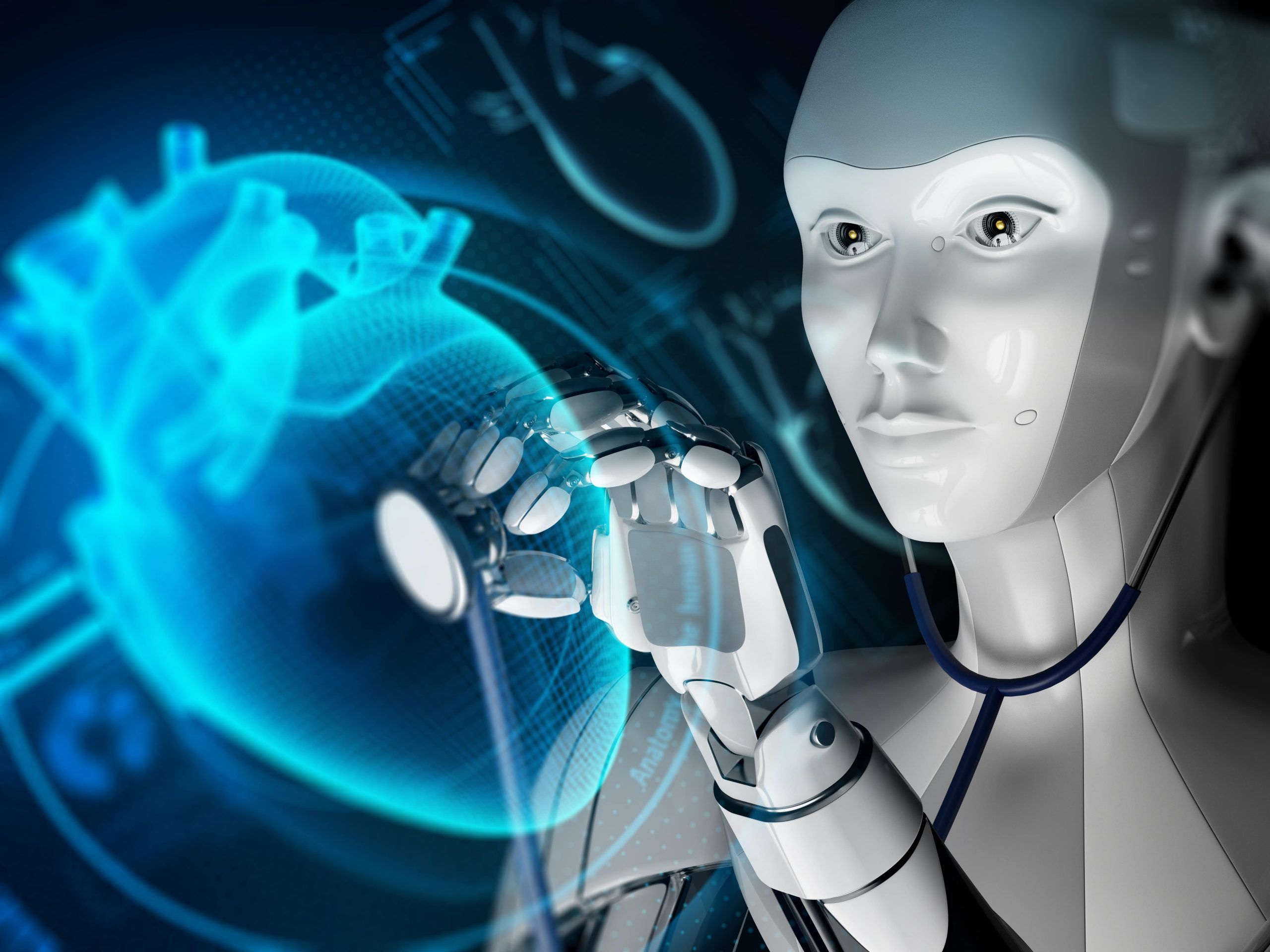Advancements in technology have revolutionized the healthcare industry, with Artificial Intelligence (AI) playing a significant role in transforming the way medical professionals diagnose and treat patients. AI has the potential to enhance medical outcomes, improve efficiency, and ultimately save lives. In this article, we will explore how AI is revolutionizing healthcare and the impact it is having on diagnosis and treatment.
AI-Powered Diagnostics
One of the most significant ways AI is transforming healthcare is through AI-powered diagnostics. AI algorithms can analyze vast amounts of medical data, including medical images, lab results, and patient records, to help diagnose diseases and conditions more accurately and quickly than ever before. For example, AI-powered imaging systems can detect abnormalities in medical scans with a high level of precision, helping doctors to provide more accurate diagnoses and treatment plans.
With AI-powered diagnostics, healthcare professionals can identify potential health issues earlier, leading to better outcomes for patients. AI can also help in personalized medicine by analyzing a patient’s genetic data to tailor treatments to their specific needs and reduce the risk of adverse reactions.
Improved Treatment Planning
AI is also transforming the way treatment plans are developed for patients. By analyzing a patient’s medical history, genetic information, and other relevant data, AI can help doctors identify the most effective treatment options for each individual. This can lead to more personalized and effective treatment plans, improving patient outcomes and reducing the risk of complications.
AI can also help healthcare providers identify patterns in patient data that may indicate the likelihood of certain health conditions developing. By detecting these patterns early, doctors can intervene before the condition progresses, leading to better outcomes for patients.
Enhanced Patient Care
AI technology is also being used to enhance patient care in healthcare settings. Chatbots powered by AI can provide patients with personalized information and support, helping them to manage their health more effectively. AI can also help healthcare providers to streamline administrative tasks, such as scheduling appointments and managing medical records, allowing them to focus more on patient care.
AI-powered telemedicine platforms are also making healthcare more accessible to patients, especially those in remote or underserved areas. Patients can consult with healthcare providers remotely, reducing the need for in-person visits and improving access to medical care.
Challenges and Opportunities
While the rise of AI in healthcare presents many opportunities for improving patient outcomes and increasing efficiency, it also comes with challenges. Privacy concerns, data security, and potential biases in AI algorithms are all important considerations that must be addressed to ensure the responsible use of AI in healthcare.
Despite these challenges, the potential of AI to transform healthcare is vast. By leveraging AI technology, healthcare providers can improve diagnostic accuracy, develop more personalized treatment plans, and enhance patient care. As AI continues to advance, we can expect to see even greater innovations in healthcare that will ultimately benefit patients around the world.
Conclusion
The rise of AI in healthcare is transforming the way medical professionals diagnose and treat patients. AI-powered diagnostics, improved treatment planning, and enhanced patient care are just some of the ways AI is revolutionizing healthcare. While challenges remain, the potential for AI to improve patient outcomes and increase efficiency in healthcare is vast. As AI technology continues to evolve, we can expect to see even greater advancements in medical care that will ultimately benefit patients and healthcare providers alike.

